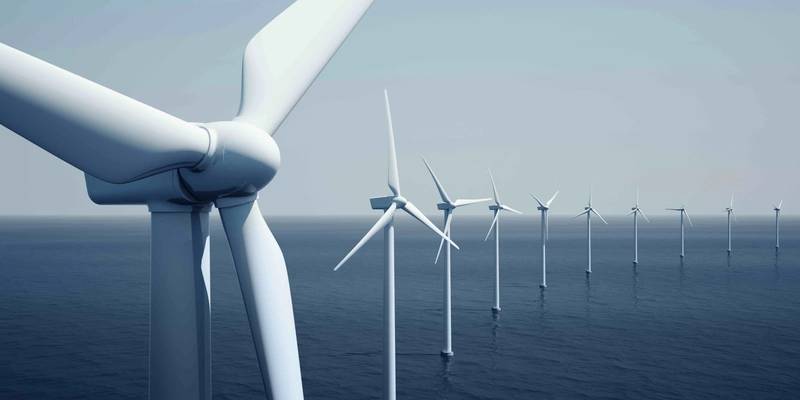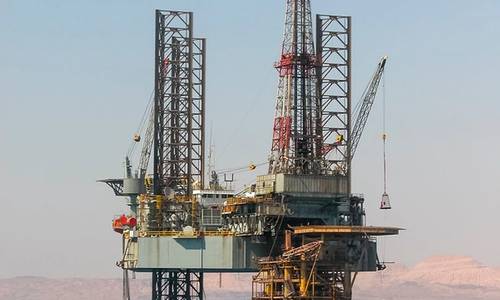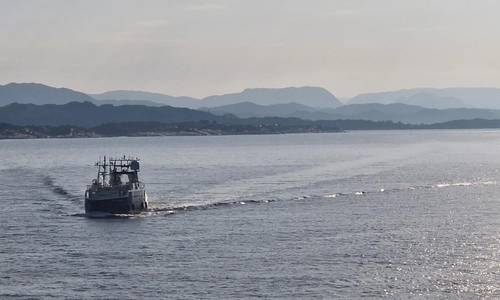US Opens National Security Investigation into the Import of Wind Turbines
August 21, 2025

The U.S. Commerce Department said on Thursday it has opened a national security investigation into the import of wind turbines and components.
Earlier this week, the department said it was adding wind turbines to a list of products that will face 50% tariffs on the aluminum and steel content. The "Section 232" investigation, which was opened on August 13 but not made public until now, could be used as a basis for even higher tariffs on imported wind turbines.
Energy research firm Wood Mackenzie said approximately two-thirds of the value of a typical U.S. wind turbine is imported.
U.S. imports of 2023 wind-related imported equipment were valued at $1.7 billion, the lowest volumes since 2013, the firm added, with Europe being the biggest exporter (41%), followed by Mexico (34%), and India (around 15%), the firm added, saying Chinese imports have diminished due to increased trade tensions.
Since taking office in January, President Donald Trump has repeatedly sought to stall development of wind and solar energy, calling them unreliable, expensive and overly dependent on Chinese supply chains.
The Commerce Department is seeking comments on the role of foreign supply chains in meeting U.S. demand for wind turbines and on "the impact of foreign government subsidies and predatory trade practices on the competitiveness of the wind turbines and their parts and components industry."
The United States is self-sufficient for nacelle assembly and tower supply, while maintaining limited blade manufacturing capacity. However, the majority of blades, all drivetrains and other electrical components are imported, Wood Mackenzie analyst Endri Lico said.
The department has opened numerous probes into the national security ramifications of imports of airplanes, semiconductors, pharmaceuticals, heavy trucks, copper, timber and lumber, critical minerals and drones.
The offshore wind industry has struggled in recent years with soaring inflation and logistical problems that have raised costs. It faced a further setback when Trump suspended licensing on his first day back in office in January.
(Reuters)





